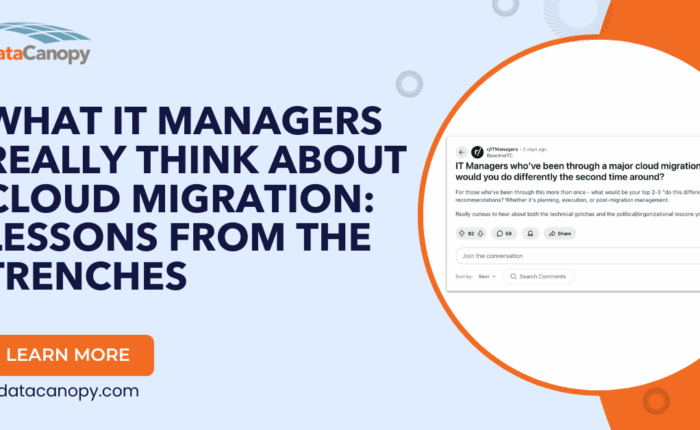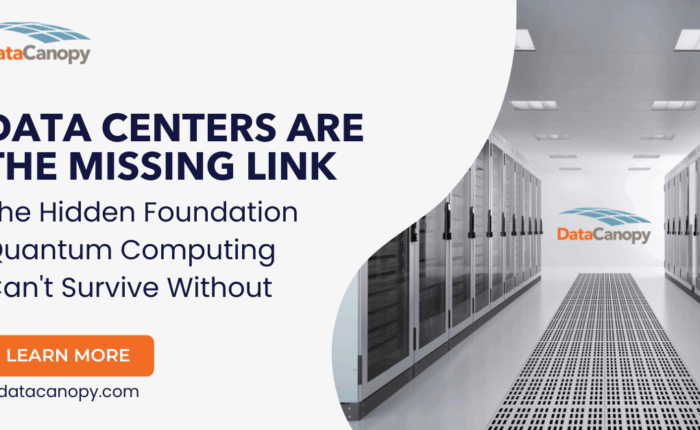
In today’s COVID-impacted business environment, the shift to cloud computing is accelerating quickly. Companies are finding they must adapt to a fully remote workforce, make do with less resources, and protect themselves against ever growing threats to data security. When making the move to cloud, these are the top three considerations:
1 – Scalability: To remain competitive, businesses need a strategic plan that provides flawless scalability. In other words, you pay for only the resources you use. It is essential that you have flexible computing capacity to meet your company’s needs. It is ideal to have the scaling process happen automatically. From small businesses to large corporations, cloud services can be a possibility for your business.
“The dynamic and scalable nature of a cloud system is undoubtedly one of its key value propositions. Organizations can drastically reduce the amount of time and capital spent on infrastructure planning,” Noah Boudreaux, Forbes.
2 – Cost: Organizations of every kind are transitioning to cloud computing to achieve the most cost-effective way to increase velocity and efficiency. If you are already using a subcontracted IT provider, you will find further cost improvements when you move your data to the cloud. You will no longer have the expense of hardware and software required to maintain your network and can right-size your resources to ensure you are paying for what you use.
When switching to cloud computing from your own infrastructure, you are also switching from CapEx to OpEx. What is the benefit of this? OpEx services are not owned by you, so the responsibility and cost of keeping them running is not yours.
“More often than not, the absolute cost of cloud will amount to less than the cost of buying, supporting, maintaining, and designing the on-premises infrastructure needed for your application to run — with minimal fuss,” Elliot Forbes of A Cloud Guru
3 – Security: Protecting your information and assets in the cloud is a priority. Implementation of cloud security is a combined responsibility of the business owner and application provider. It is critical to partner with a cloud provider that offers best-in-class security that has been tailor-made for your needs. It is also important to keep in mind that utilizing the cloud for your business is more likely to bring a higher level of security than your in-house IT team. Using a cloud provider to back up your information makes it much more likely that you can rebound from unforeseen disaster. Disaster recovery is a key security benefit to cloud versus on-premise infrastructure.
“Partnering with a Cloud Service provider allows a company to access the security expertise of a business whose success depends on providing the most advanced levels of protection,” Gerry Tombs of Enterprisetimes
The switch to cloud computing is an inevitable change needed to keep up with today’s business demands. When considering your data needs it is important to put in place a strategic plan. To learn more about how Data Canopy can assist you in implementing the shift to cloud contact our team today.



